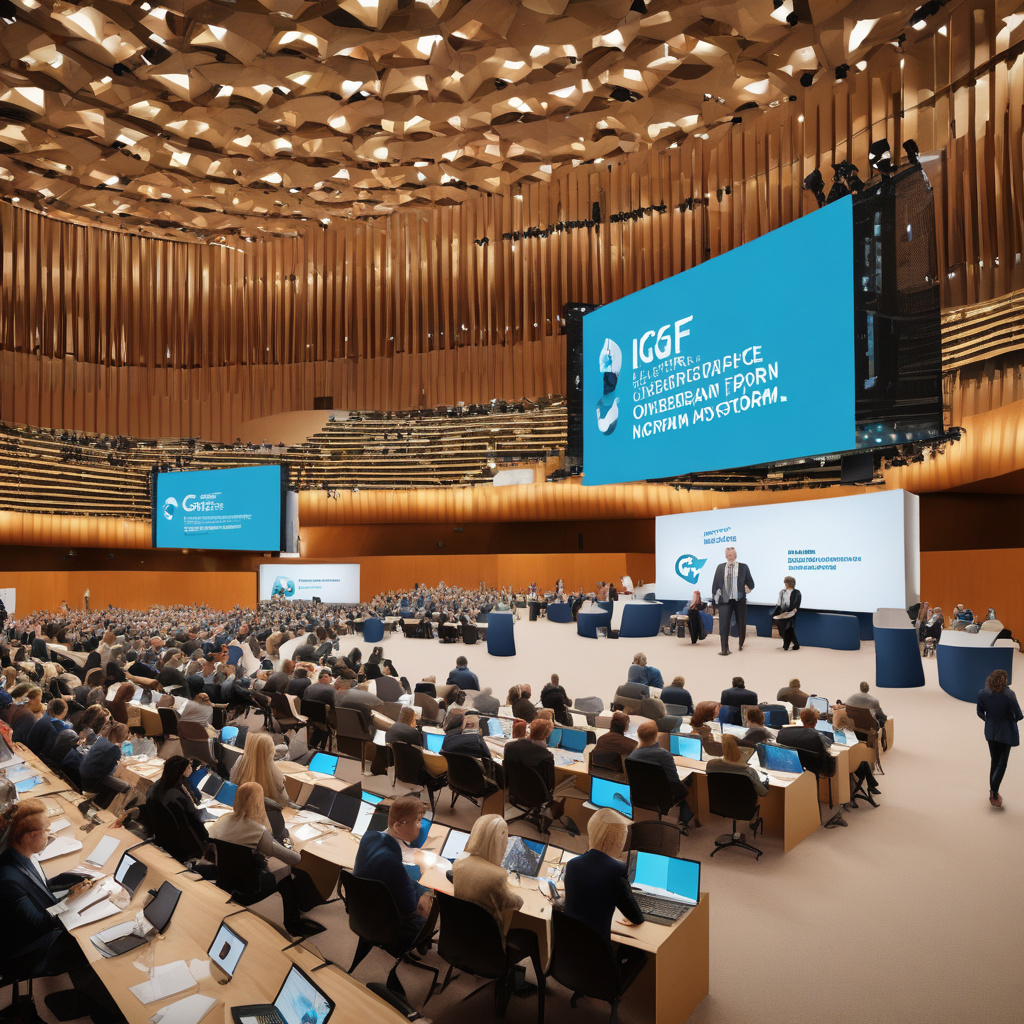Efforts to Address Internet Fragmentation Take Centre Stage at IGF 2025 in Norway
As governments tighten digital borders and funding for open internet tools dwindles, a diverse group of experts is working diligently to safeguard the future of a truly global and interoperable internet. The issue of internet fragmentation has taken center stage at the Internet Governance Forum (IGF) 2025 in Norway, where stakeholders are coming together to address the challenges and explore potential solutions.
Internet fragmentation refers to the phenomenon where the open and interconnected nature of the internet is threatened by various factors such as government censorship, data localization requirements, and technical barriers. This fragmentation not only hinders access to information and services but also poses a threat to digital rights and innovation on a global scale.
At IGF 2025, experts from around the world are engaging in crucial discussions on how to tackle internet fragmentation and promote a more open and inclusive digital ecosystem. One of the key areas of focus is the development of international norms and standards that can help preserve the interoperability of the internet while respecting the sovereignty of nations.
Moreover, participants at the forum are emphasizing the importance of investing in technologies that can help bridge the digital divide and ensure that all individuals have equal access to the opportunities offered by the internet. This includes supporting projects aimed at expanding internet infrastructure in underserved areas, promoting digital literacy, and fostering innovation in areas such as cybersecurity and data privacy.
One of the major challenges in addressing internet fragmentation is the lack of consensus among stakeholders on how to balance the competing interests of security, privacy, and economic development. Governments often cite national security concerns as a justification for imposing restrictions on the flow of information across borders, while tech companies and civil society groups argue for the importance of upholding human rights and promoting free expression online.
Despite these challenges, the experts at IGF 2025 are optimistic about the potential for international cooperation and multistakeholder engagement to overcome internet fragmentation. By fostering dialogue and collaboration among governments, tech companies, civil society organizations, and academia, it is possible to develop innovative solutions that uphold the core principles of an open and interoperable internet.
In conclusion, the efforts to address internet fragmentation at IGF 2025 in Norway are a testament to the commitment of global stakeholders to preserve the internet as a force for good in the digital age. By working together to overcome the challenges and seize the opportunities presented by the evolving digital landscape, we can ensure that the internet remains a truly global and inclusive platform for innovation, collaboration, and progress.
IGF, InternetFragmentation, DigitalEcosystem, GlobalCollaboration, TechInnovation












